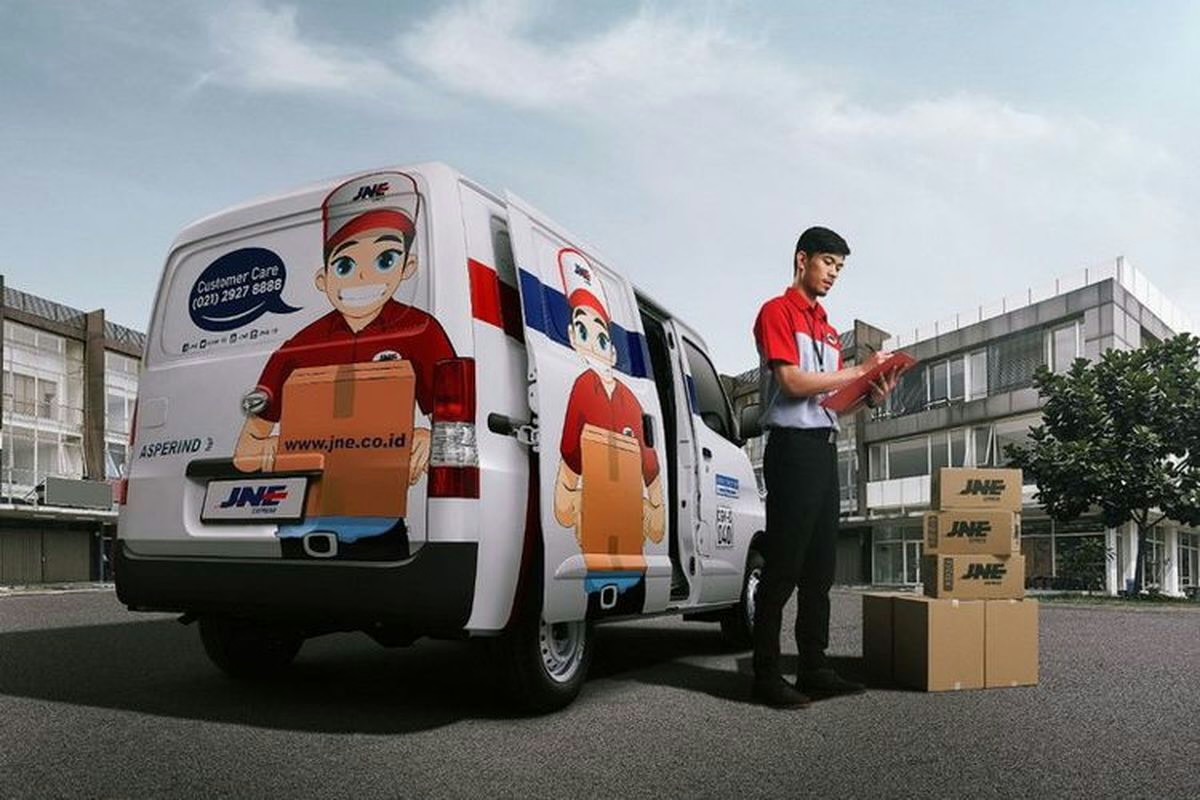Foreigners living in Bali actively purchase goods through Indonesian marketplaces — Tokopedia, Shopee, Lazada, and others. Many are used to regular free shipping, not considering the serious issues this advantage poses for logistics companies.

Until recently, free shipping was available under certain conditions. At Tokopedia, for example, free delivery started with orders from 50,000 Indonesian rupiahs. The number of free deliveries depended on the user's level and could be up to three times a week. However, not all sellers participated in the program, and delivery could be charged, especially if the cost exceeded a certain limit.
Shopee also offered various free shipping promotions, often linked to a minimum order amount and the use of certain payment methods, such as ShopeePay.
However, this short-term advantage for consumers hides a potentially destructive trend for logistics companies. For this reason, the Indonesian government has officially limited the provision of free delivery services by postal services or e-commerce providers to only three days a month.
Gunawan Hutagalung, head of the Ministry of Communication and Digital Technology (Komdigi), explained that the restriction on free delivery applies to goods sold below cost price or when a discount lowers the delivery rate below the base service cost. The ministry's decree clearly regulates rates for commercial postal services. Their calculation should be based on expenses, including production and operational costs, as well as a reasonable profit. These expenses cover labor, transportation, technology, etc. For example, only the delivery to the customer's doorstep (the so-called "last mile") accounts for up to 41% of the transportation fee.

Discounts are allowed throughout the year, provided that the final rate does not fall below the base service cost. Offering free delivery or significant discounts leading to losses is only permitted short-term.
By limiting the period of free delivery, the government is likely trying to prevent a situation where aggressive marketing strategies of large marketplaces force logistics companies to work under unfavorable conditions. Often, in an effort to attract customers, e-commerce giants demand special conditions from carriers — reduced rates, payment deferrals, and the like, justifying it with large shipment volumes. In the short term, this may seem attractive to consumers, but in the long term, such practices lead to the depletion of the financial resources of logistics companies, threatening their stability and the quality of services provided. Not to mention the ethics of such 'cooperation, ‘where the 'win-win' principle is not observed.
In essence, the abuse of free shipping, driven by the desire to dominate the e-commerce market, can ultimately undermine the very foundation of the logistics system. Healthy competition implies fair conditions for all market participants, including those who ensure the delivery of goods to the end consumer. True success is built on mutually beneficial cooperation, not exploitation of partners.
Source: kompas.com, antaranews.com

You can add one right now!